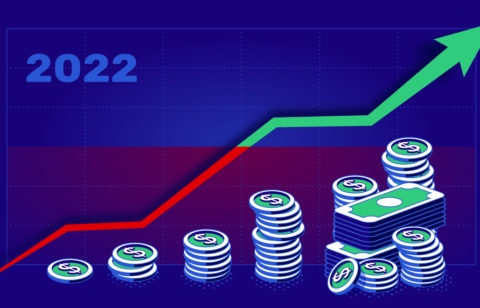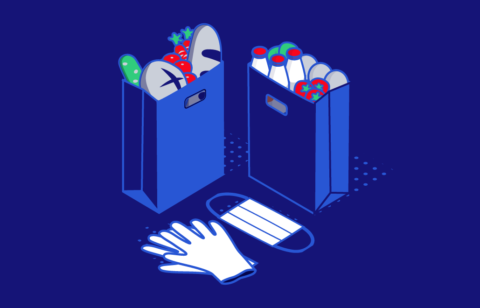Raising children in the United States has become more expensive than ever in recent years. These days, parents spend approximately $310,610 per child from the day their child is born until age 18. This money is typically spent on necessities like housing, food, healthcare, clothing, childcare, and extracurricular activities such as sports or hobbies. However, it does not include the cost of higher education, which many parents help their children cover.
While many considerations go into raising children successfully, saving money is an important factor—especially if you are providing as a single parent after divorce. However, if you plan deliberately and save modest amounts of money regularly, you are more likely to have the financial resources needed to provide your kids with a happy childhood.
You will also set them up for success in adulthood. Here’s what you need to know about setting your child up for financial independence throughout their life.
Creating Your Child’s Savings Account
It’s best to establish a savings account for your child as soon as they are born. In most cases, you can open one with custodial control assigned to you. When your child is young, you can place the money they receive for birthdays, holiday gifts, and the like into the account, along with any additional money you might have on hand.
If your child is a working teenager, set a reasonable amount that will be deposited into the account from the job and gifts. It is equally important to discuss rules for withdrawing money for personal use.
A healthy amount of savings can provide a head start for your kid to cover the cost of things such as education, car insurance, and other key bills. It can also teach them the value of saving and managing finances at a young age.
If you are a divorcee in debt, finding spare cash for your kids can be like finding a needle in a haystack. Just remember that every little bit counts. You might be surprised how much you could save by cutting out unnecessary expenses like that double latte topped with steamed milk every morning.
Setting up a savings account can also help your kids establish their own financial skills. Equally beneficial, it can take some of the burden off your shoulders by letting them access their money. Once your child exhibits responsibility, you can transfer complete control to them.
People Also Read
Setting Aside Cash for Family Events
Before you decide the right amount to save, it’s important to consider your lifestyle and extracurricular activities. Events such as vacations or even routine outings to the movies or dinners can become unmanageable if you don’t plan properly.
Consider creating a savings account specifically for family events. Setting aside a bit of money each month through an automatic transfer is simple and you don’t have to give it a second thought.
You could also deposit any windfalls, including gift money, a bonus, or a tax refund. By maintaining a healthy balance, you can afford to make memories by prioritizing valuable time with your kids.
Although divorce often leads to debt, setting aside even a small amount can help ensure funds are available as you build your new life.
Saving for College
If you want to help fund your child’s college education, start saving as soon as possible. The average cost of in-state public colleges in the United States is now $25,707 per year, while out-of-state students can expect to pay approximately $44,014 yearly. In addition, private schools can set you back about $54,501 annually.
There are many ways you can go about saving the money. 529 plans are a popular option, as are other college education savings accounts. Most plans let you deposit a set amount of money each year and offer savings in the form of tax advantages.
In fact, many college savings account plans are tax-deferred, so they can help limit your exposure to federal income taxes as you continue to build up funds.
You can set up separate accounts or, if your ex agrees to it, a joint one. Either option will provide a considerable advantage for your child. Consider speaking to a trusted financial adviser to learn what type of college savings account is best for your financial situation and goals.
Saving for Retirement
Did you know that your child can begin saving for retirement at a young age? As soon as they begin earning income, you can establish a Roth IRA account in their name. While it may seem premature to start a retirement account for a teenager, it’s a wise financial move. The younger your children begin saving for retirement, the more money they are likely to have when they stop working.
If you are just coming out of a breakup, you probably know how quickly your financial situation can go south and cause debt. Since many Americans aren’t saving nearly enough for retirement, entering adulthood with money under their belt gives your child a tremendous financial advantage—including the freedom to purchase a home or graduate college without a significant amount of debt. Be sure to check with a trusted financial adviser before withdrawing funds from any retirement account since penalties apply.
Saving money for your child way ahead of time can provide the independence that so many Americans crave but lack. Doing so will help ensure your kids have a secure financial future, can take advantage of exciting opportunities, and receive a great education. Raising financially literate adults is their gateway to a fulfilling life.
By saving early for your child’s future and teaching smart financial skills, you are giving them a better chance of avoiding debt and living the life they want. They will thank you for it.









